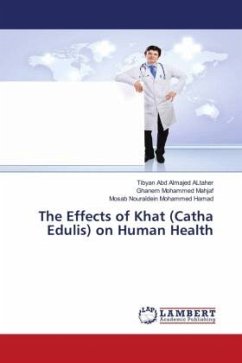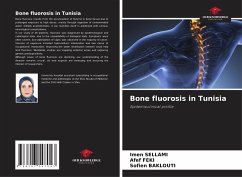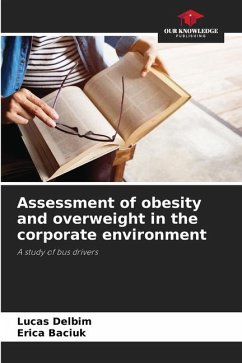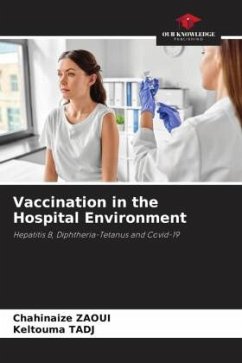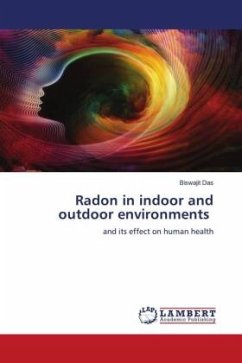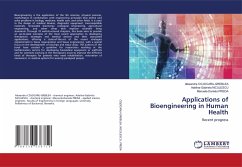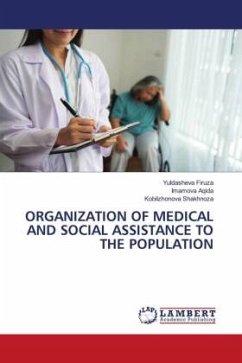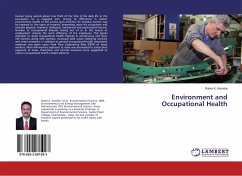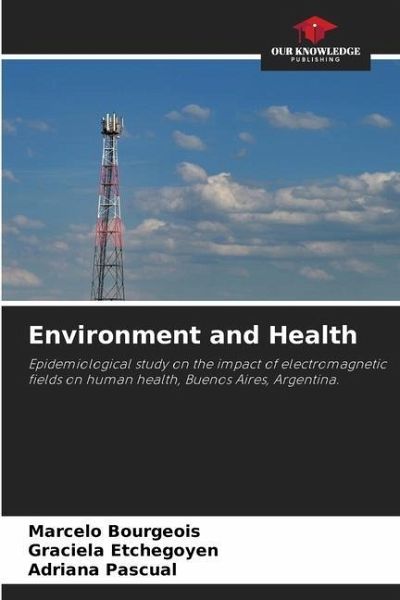
Environment and Health
Epidemiological study on the impact of electromagnetic fields on human health, Buenos Aires, Argentina.
Versandkostenfrei!
Versandfertig in 6-10 Tagen
40,99 €
inkl. MwSt.

PAYBACK Punkte
20 °P sammeln!
It is recognized that human populations provide the most relevant information on the effects of pollution on health; therefore, the development of epidemiological studies provides the necessary evidence in human populations under real-world conditions. Within this framework, the book presents the design, elaboration, development and results of an observational epidemiological study carried out in the town of Ezpeleta, Buenos Aires, Argentina in order to evaluate the health risk related to the presence of Extremely Low Frequency Electromagnetic Fields (ELF-EMF) in the environment.Although the e...
It is recognized that human populations provide the most relevant information on the effects of pollution on health; therefore, the development of epidemiological studies provides the necessary evidence in human populations under real-world conditions. Within this framework, the book presents the design, elaboration, development and results of an observational epidemiological study carried out in the town of Ezpeleta, Buenos Aires, Argentina in order to evaluate the health risk related to the presence of Extremely Low Frequency Electromagnetic Fields (ELF-EMF) in the environment.Although the evidence of the study allows inferring that there is no direct relationship between the presence of EMF-EMF sources and the manifestation of health problems in the population near them, it should be emphasized that in the conditions of development of current epidemiological science the "zero risk" is practically impossible to achieve. Science reports its results "here and now" until new research or new methodologies or paradigms prove otherwise. Therefore, the book intends to contribute in this sense.




